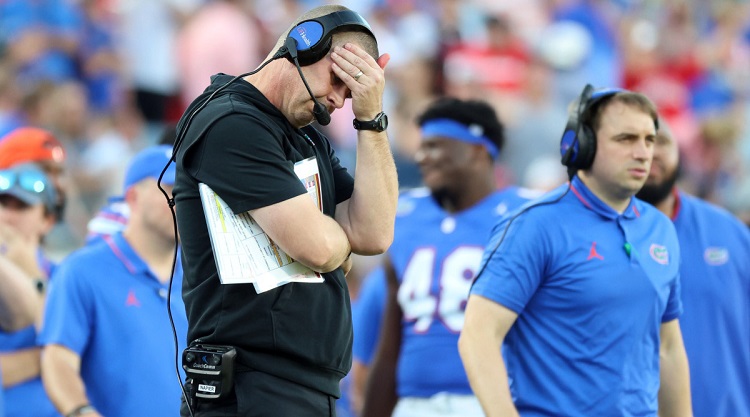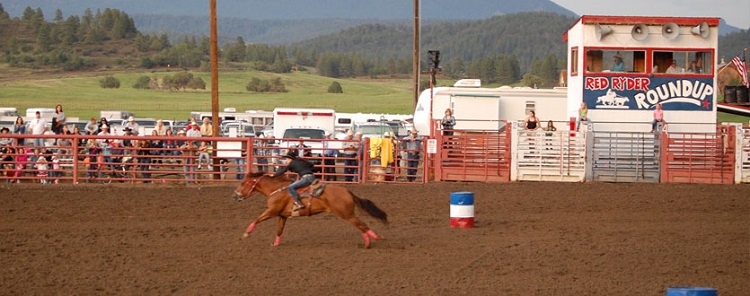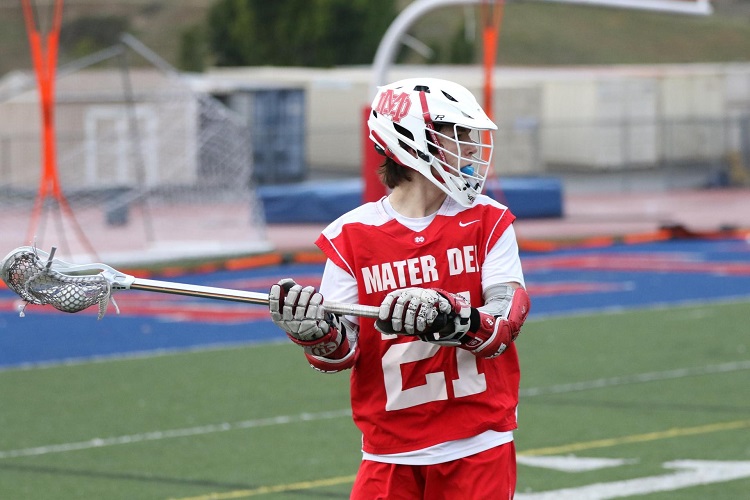In the world of sports, the role of a coach is pivotal, not just in honing athletic skills but also in shaping the character and mindset of athletes. Traditionally, coaching has been associated with seasoned veterans, individuals with years of experience and wisdom. However, a growing trend has emerged where younger, less experienced, and sometimes even immature individuals are taking up coaching roles. This shift has raised eyebrows and sparked debates within the sporting community.
Transformation in Coaching
The landscape of coaching has seen a significant transformation in recent years. While the archetype of the wise, older coach still exists and thrives in various sports, there’s been a visible surge in younger coaches assuming leadership positions. This trend can be attributed to several factors reshaping the sporting world.
One notable aspect is the changing dynamics in player-coach relationships. Younger coaches often share a closer age proximity with athletes, allowing for easier understanding and communication. They may also better comprehend the modern athlete’s mindset, having experienced contemporary training methodologies and the pressures of the current sporting environment themselves.
Rise of Analytics and Technology in sports
Moreover, the rise of analytics and technology in sports has altered coaching requirements. The ability to interpret complex data and utilize technological advancements has become crucial. Younger coaches, often more tech-savvy and adaptable, might possess a natural affinity for incorporating data-driven strategies into their coaching methods.
However, this trend also raises concerns regarding the maturity and experience levels of these coaches. Immaturity in coaching can manifest in various ways, potentially impacting both the coach’s effectiveness and the athletes’ development.
Cons of Immature Coaches
One critical aspect affected by immature coaching is decision-making. In high-pressure situations, a coach’s ability to make rational, calculated decisions is paramount. Lack of experience might lead to impulsive choices or an inability to handle stress effectively, impacting the team’s performance negatively.
Furthermore, an immature coach might struggle with leadership skills. Leadership in sports involves much more than tactical knowledge; it requires emotional intelligence, the ability to motivate, and the skill to navigate interpersonal relationships within the team. Without maturity, coaches might find it challenging to earn players’ respect or manage conflicts effectively.
Another aspect affected by immature coaching is mentorship and guidance. Experienced coaches often serve as mentors, guiding athletes not only in sports but also in life. Immature coaches might lack the life experience and perspective needed to provide holistic mentorship, potentially limiting the athletes’ personal and professional growth.
The influence of immature coaches extends beyond the team dynamics. It can affect the overall sports culture and the perception of coaching as a profession. Critics argue that promoting inexperienced individuals to coaching roles could undervalue the importance of experience and wisdom gained over time.
However, it’s essential to recognize that not all young or inexperienced coaches are immature or incapable. Many bring fresh perspectives, innovative approaches, and a contagious enthusiasm that can inspire and drive positive change within teams.
To mitigate the downsides of immature coaching, several measures can be taken. Mentorship programs that pair younger coaches with seasoned mentors could be invaluable. These programs would enable the transfer of knowledge, experience, and leadership skills, fostering the growth of young coaches.
Additionally, investing in professional development opportunities for coaches regardless of age can bridge experience gaps. Training programs focusing on leadership, decision-making, and sports psychology could equip younger coaches with essential skills.
Conclusion
Ultimately, the trend of immature coaches in sports is a complex phenomenon with both advantages and drawbacks. While it presents opportunities for innovation and relatability, it also poses challenges related to maturity and experience. Striking a balance between youthful energy and seasoned wisdom is key to leveraging the potential of this evolving trend while ensuring the holistic development of athletes and the continued excellence of sports coaching.





